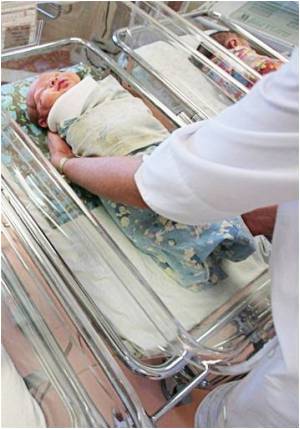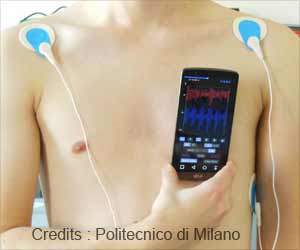A specialized heart monitor, Heart Rate Observation System, or HeRO® monitor, reduces infant mortality rates by 20 percent in neonatal intensive care units.

The study, "Mortality reduction by heart rate characteristic monitoring in very low birth weight neonates: a randomized trial," was conducted from April 2004 to September 2010 at leading neonatal intensive care units (NICU) at the University of Virginia, Wake Forest University, University of Alabama at Birmingham, Vanderbilt University, University of Miami/Jackson Memorial Hospital, Greenville SC Hospital System, Winnie Palmer Children's Hospital and Pennsylvania State University.
There were 152 deaths (10.2 percent) in the group that received standard NICU care and 122 deaths (8.1 percent) in the group that received standard NICU care plus HeRO monitoring, an absolute risk reduction of 2.1 percent. There were no significant differences in demographics between the two groups, nor any of the other outcomes measured by the study.
The study's lead investigator and co-inventor J. Randall Moorman, M.D., a University of Virginia cardiologist said, "The HeRO monitor is the voice for infants who can't speak for themselves. It's an early warning system for NICU doctors and nurses to get to the right bedside at the right time."
According to the March of Dimes, about 12.8 percent of babies (more than half a million a year) in the U.S. are born prematurely and the rate of premature birth has increased by 36 percent since the early 1980s. Among the 60,000 premature babies born less than 3.3 pounds each year, the mortality rate is approximately 10 percent. The results of the study point to the possibility of saving the lives of an additional 1,200 premature babies each year.
Source-Eurekalert













